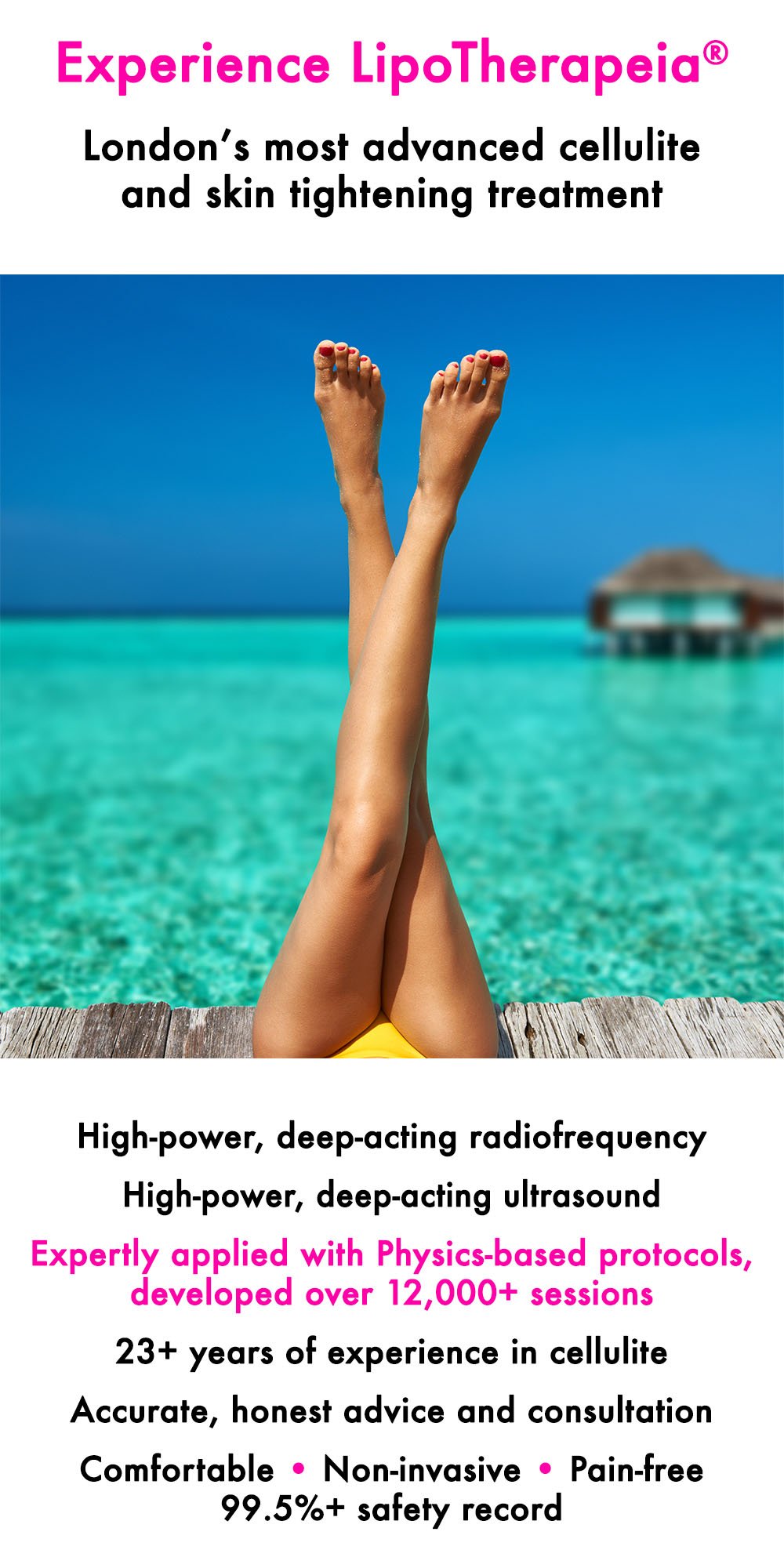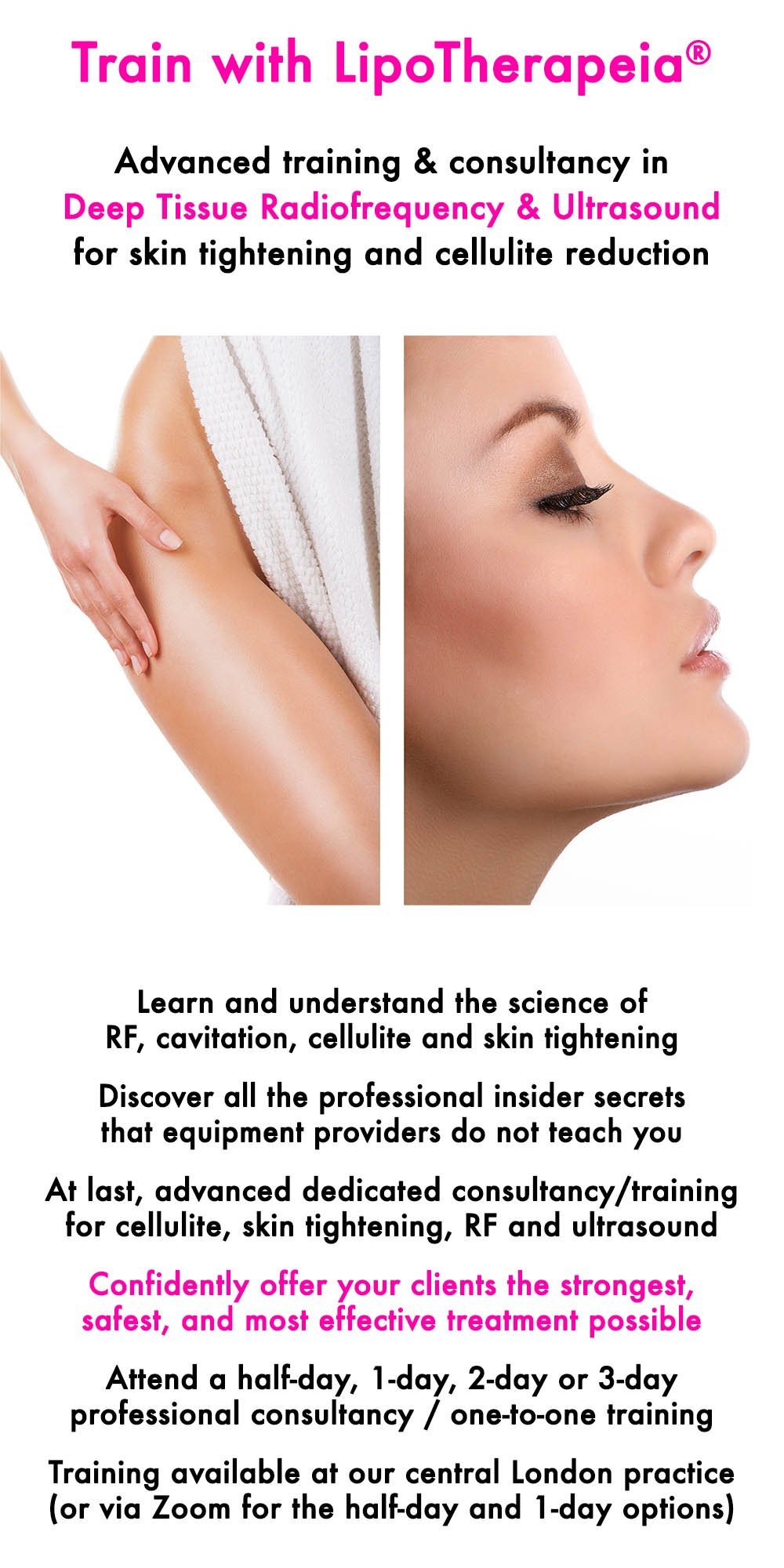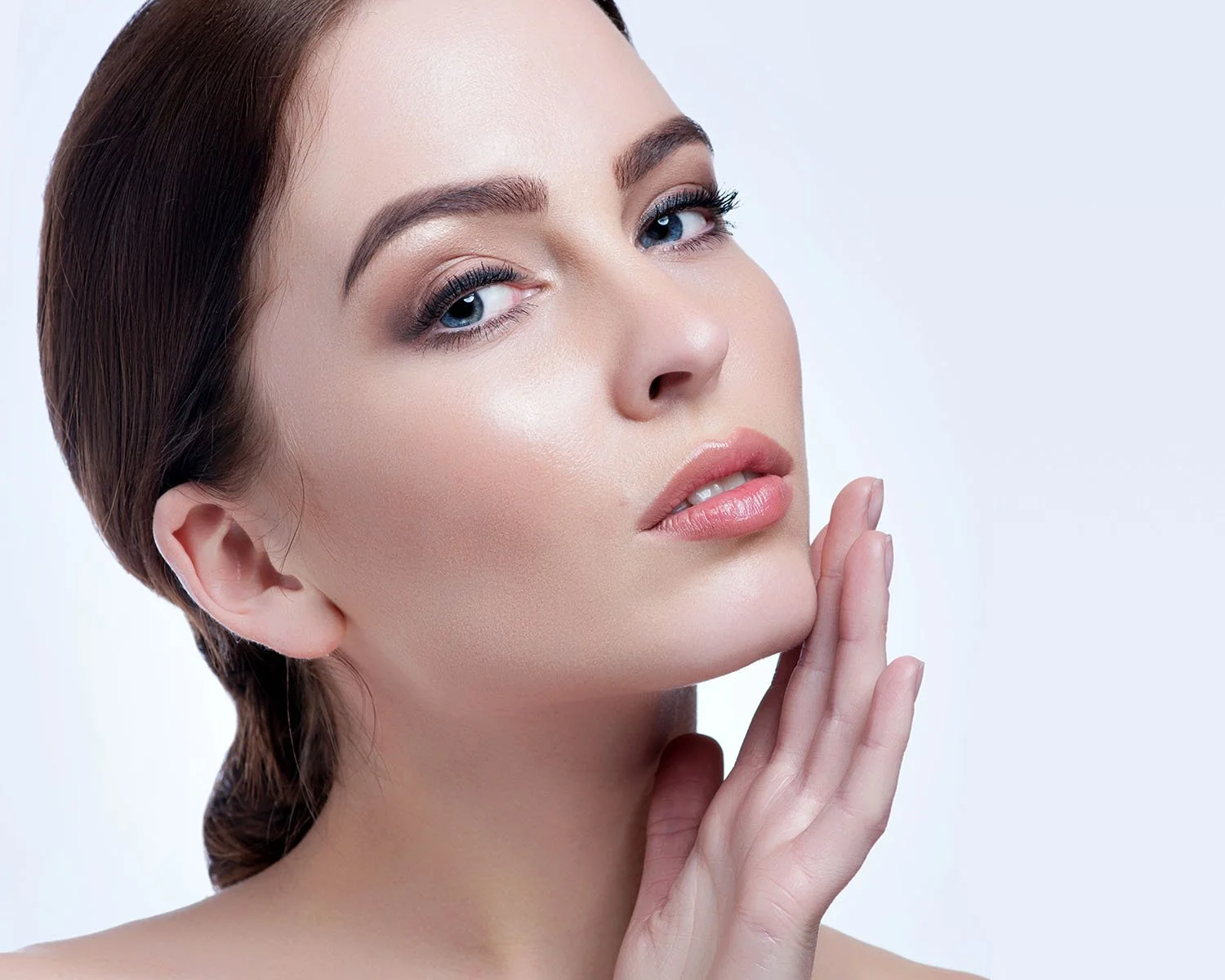Gluten and cellulite
We are pleased to share our experience and knowledge in cellulite and skin tightening, from our clinic in London with everyone in the world. Check all our articles here. And if you do live in London, feel free to book a treatment with us here.
Does gluten cause cellulite?
What is gluten and which foods contain it?
How does gluten affect health?
Can gluten cause cellulite?
What can be done about gluten sensitivity?
Check our professional consultancy in radiofrequency, ultrasound cavitation, cellulite and skin tightening
Is gluten a cause of cellulite?
A lot of people at the clinic ask this question, “Should I go on a gluten-free diet to prevent/reduce cellulite?”
As always with cellulite, the answer is not a straightforward ‘yes’ or ‘no’.
Let’s have a look.
What is gluten and which foods contain it?
Gluten is a structural protein naturally found in some cereal grains:
Wheat (including spelt)
Barley
Rye
And some types of oats
Typical foods that contain gluten are:
Bread
Pasta
Beer
Pastries and cakes
Hidden sources of gluten in processed foods
Gluten makes up 80% of the protein in wheat. Since bread contains 9% protein, about 7.2% of bread is gluten.
Wheat gluten is composed of mainly two types of proteins: glutenins and gliadins. Of those two, gliadins are the most offending proteins for health, in sensitive individuals.
How does gluten affect health?
1–2% of the general population suffers from coeliac disease, the most severe reaction to gluten. Another 0.5–13% of the general population can suffer from non-celiac gluten sensitivity.
Gluten can impair the intestinal barrier and can cause inflammatory, autoimmune or other immunological reactions to affected people, even the ones without celiac disease, including among others:
Abdominal pain
Bloating
IBS
Headache
Migraine
Foggy brain
Fatigue
Fibromyalgia
Asthma
Allergic rhinitis
Depression
Autoimmune diseases
And more
Can gluten cause cellulite?
The main aspect of cellulite is fat accumulation and gluten does not contribute enough calories to directly cause cellulite.
In fact, the carb (starch/sugar) calories contained in bread, pasta, pastries and beer and much more important contributors to cellulite.
However, given that inflammation and water retention/poor circulation are important aspects of cellulite, gluten sensitivity can definitely contribute to cellulite.
Furthermore, fatigue can indirectly cause cellulite, due to the reduction in activity levels and basal metabolism.
So in summary we can say that gluten sensitivity can be an indirect factor for cellulite development on people susceptible to gluten intolerance, especially in combination with carb calories in gluten-containing foods.
What can be done about gluten sensitivity?
Thankfully, these days there are plenty of non-gluten grain options available, including rice, corn, quinoa, gluten-free oats, buckwheat and many others.
You could also consider increasing protein intake (pulses, meat, fish etc) and most importantly increasing vegetable and salad intake, to make up for the loss of food groups that contain gluten.
Check our professional consultancy in radiofrequency, ultrasound cavitation, cellulite and skin tightening
Do you want to deeply understand radiofrequency, ultrasound cavitation, cellulite and skin tightening? Attend an 1-hour, half-day, 1-day or 2-day professional consultancy / one-to-one masterclass and confidently offer your clients the safest, strongest and most effective treatment possible. Service available via Zoom or at our central London practice.





